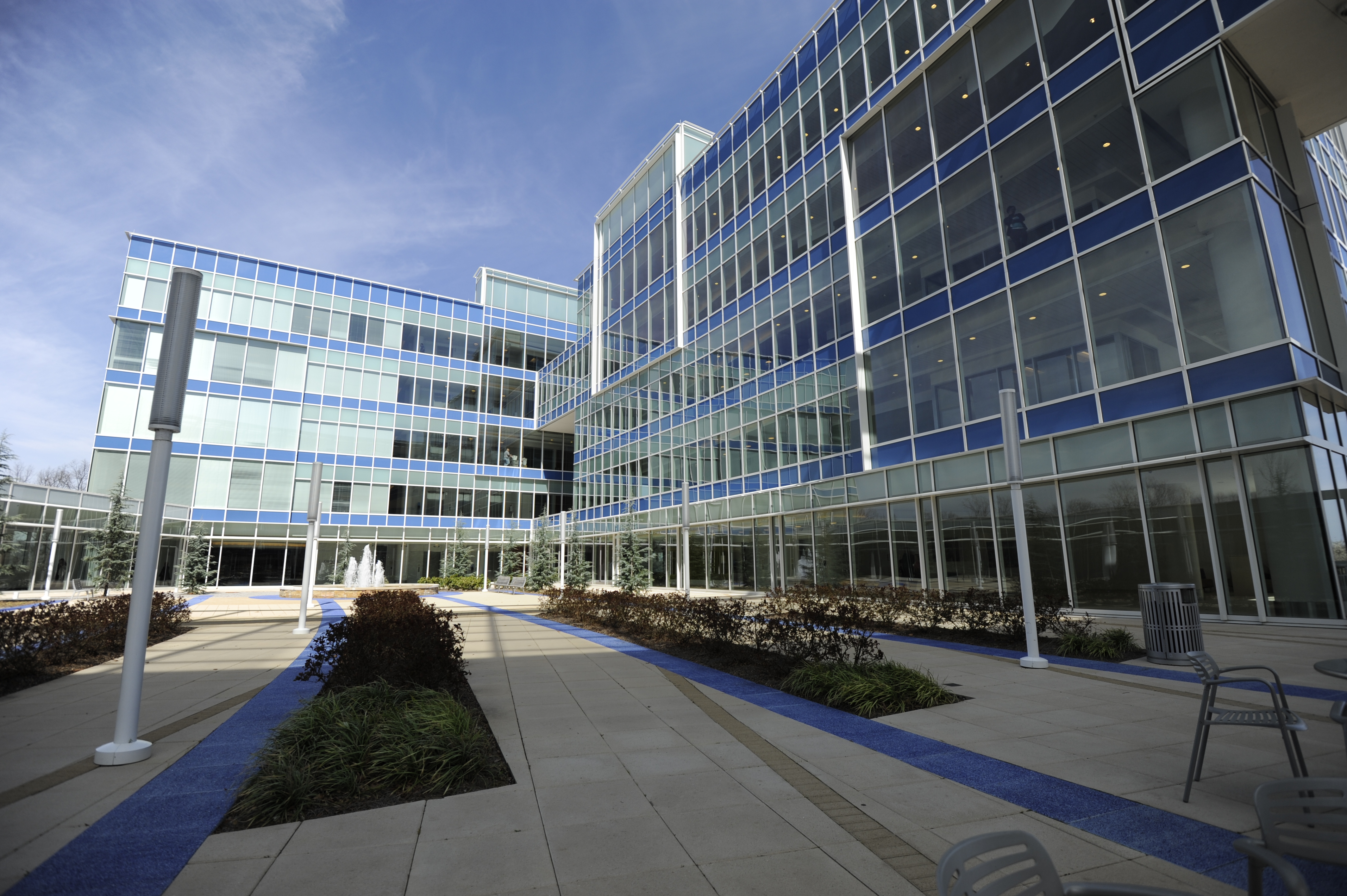Where your premium dollar goes
BlueCross BlueShield spent in 2018 for each dollar collected:* 26 cents on physician services* 24 cents on inpatient hospital care* 21 cents on outpatient facility care* 9 cents on prescription drugs* 7 cents of BlueCross operations* 5 cents on other medical services* 4 cents on federal, state and local taxes* 4 cents on after-tax marginSource: BlueCross BlueShield of Tennessee
After three years of unhealthy financial losses in the individual insurance market created by the Affordable Care Act, or Obamacare, Tennessee's biggest health insurer has managed to turn around the individual market with rate increases and other changes to help the company earn record profits in each of the past two years.
BlueCross BlueShield of Tennessee reported net income in 2018 of $569 million - up by nearly a third from the 2017 income total and the highest in the company's 74-year history. The income gain for the not-for-profit business boosted its reserves to nearly $3 billion, or nearly $1 billion more than what is statutorily required for the company by state regulators.
Roy Vaughn, senior vice president and chief communications director at BlueCross in Tennessee, said the extra earnings and reserves will allow the company to provide rebates to last year's individual policy holders, hold down or potentially even reduce some rates next year and ensure the financial strength of the company to respond to the changing health care landscape.
Most of the gains for the Chattanooga-based health insurer came in the individual market where BlueCross previously lost more than $400 million from 2014 through 2016 during the first years it offered individual plans under Obamacare.
"After three years of these losses, we took a different approach to recognize the risk we saw at the federal regulatory level and factor that in to the pricing for each year, knowing that if some of those risks didn't materialize it would create higher-tan-expected net income," Vaughn said. "We finally have reached a point where we have begun to make some net income from these individual plans if you look at the entire five-year history of these plans. If we're going to be in this for the long-term and offer this coverage which is so important to so many people, we need to ensure that we're financially viable as a carrier offering."
The Tennessee BlueCross plan, which entered the Obamacare individual market five years ago with aggressive pricing, more than doubled its rates after the federal government changed its risk adjustment payments to insurers, eliminated the mandate for individuals to buy health insurance and implemented other changes that proved costly for BlueCross. BlueCross also trimmed its coverage areas in Tennessee two years ago, exiting some of the state's biggest markets with its individual plans, to put the individual market back in the black for the Blues plans.
The delayed implementation of ending the individual mandate and other changes budget changes made by Congress last year helped BlueCross fare better than expected in the individual market, where 84% of those enrolled qualify in Tennessee for some level of government subsidy under Obamacare.
The turnaround in the individual market allowed BlueCross to cut its individual rates for 2019 by an average of 14.9% and could yield even more rate cuts next year. BlueCross and the four other health insurers offering individual plans under Obamacare rules in Tennessee will file their rate requests for 2020 with state regulators in July.
BlueCross also expects to make rebates this fall totaling $15 million to $20 million for the roughly 120,000 people who had some type of individual plan with BlueCross during 2018. The rebates will be the first by BlueCross since the Affordable Care Act was adopted and are scheduled to be paid out Sept. 30.
J.D. Hickey, president and CEO of BlueCross, told state regulators last year that the change BlueCross made to reduce its statewide coverage for individual plans and raise its rates were needed and have helped ensure the program is sustainable.
"BlueCross's journey to get and keep people covered under this program has proven challenging, with three consecutive years of volatility and losses totaling more than $400 million," Hickey said in a letter to state regulators. "Our performance has improved due to a combination of better claims experience and a more sustainable rate structure based on the medical needs of the members we're serving."
Hickey said some of the higher premium rates sought by BlueCross were made in anticipation of adverse regulatory or legislative changes to the Affordable Care Act, which both President Trump and Republican members of Congress have sought to abolish. The individual marketplace in Tennessee appears to have stabilized with two new entrants into the market this year and an expansion of coverage areas by others offering individual plans.
Although 60% of the income gains for BlueCross last year came from its individual plans and 9 percent came from investment earnings on its reserves, most of the record 3.5 million people covered by BlueCross are in group plans through their employer or one of the BlueCross Medicare plans, which accounted for the vast majority of claims and payments but less than a third of the company's profits.
BlueCross paid out $15.2 billion in health care benefits in 2018 and its profit margin for the year was equal to 3.9% of its total revenues - one of the highest profit margins ever for the company which began in Chattanooga in 1945. But Vaughn noted BlueCross' margins are still below most investor-owned health insurers and the extra reserves are used to help invest in company operations and services and ensure the long-term success of the business.
For instance, UnitedHealth Group, the biggest health insurer in the country, boosted its 2018 income from operations by 14% to $17.1 billion and reported a 5.3% profit margin for the year.
Contact staff writer Dave Flessner at dflessner@timesfreepress.com or at 757-6340.
BlueCross by the numbers
The Tennessee BlueCross BlueShield plan in 2018:* $15.2 billion: BlueCross payments for health services* 3.5 million: Number of lives covered by Tennessee plans* Over 6,400: Number of BlueCross employees in Tennessee, including about 4,700 in Chattanooga* $659 million: Federal, state and local taxes paid in 2018* $569 million: Net income in 2018, up from $427 million the previous year* $2.954 billion: Company reserves at the end of 2018* 3.9%: Profit margin in 2018, nearly double the five-year average margin of 2.1 percent* 85%: The share of premiums paid directly for medical costs. The rest is for operations, taxes and income for reservesSource: BlueCross BlueShield of Tennessee
 Staff photo by Jenna Walker/Chattanooga Times Free Press - Mar 3, 2011 -- The BlueCross BlueShield of Tennessee in Chattanooga, Tenn., campus is environmentally designed with glass windows that allow sunlight to warm the building, cutting down on heating costs. In the center of the building is courtyard with tables and a fountain for employees to enjoy. Gardens and walking trails are scattered throughout the campus.
Staff photo by Jenna Walker/Chattanooga Times Free Press - Mar 3, 2011 -- The BlueCross BlueShield of Tennessee in Chattanooga, Tenn., campus is environmentally designed with glass windows that allow sunlight to warm the building, cutting down on heating costs. In the center of the building is courtyard with tables and a fountain for employees to enjoy. Gardens and walking trails are scattered throughout the campus.

